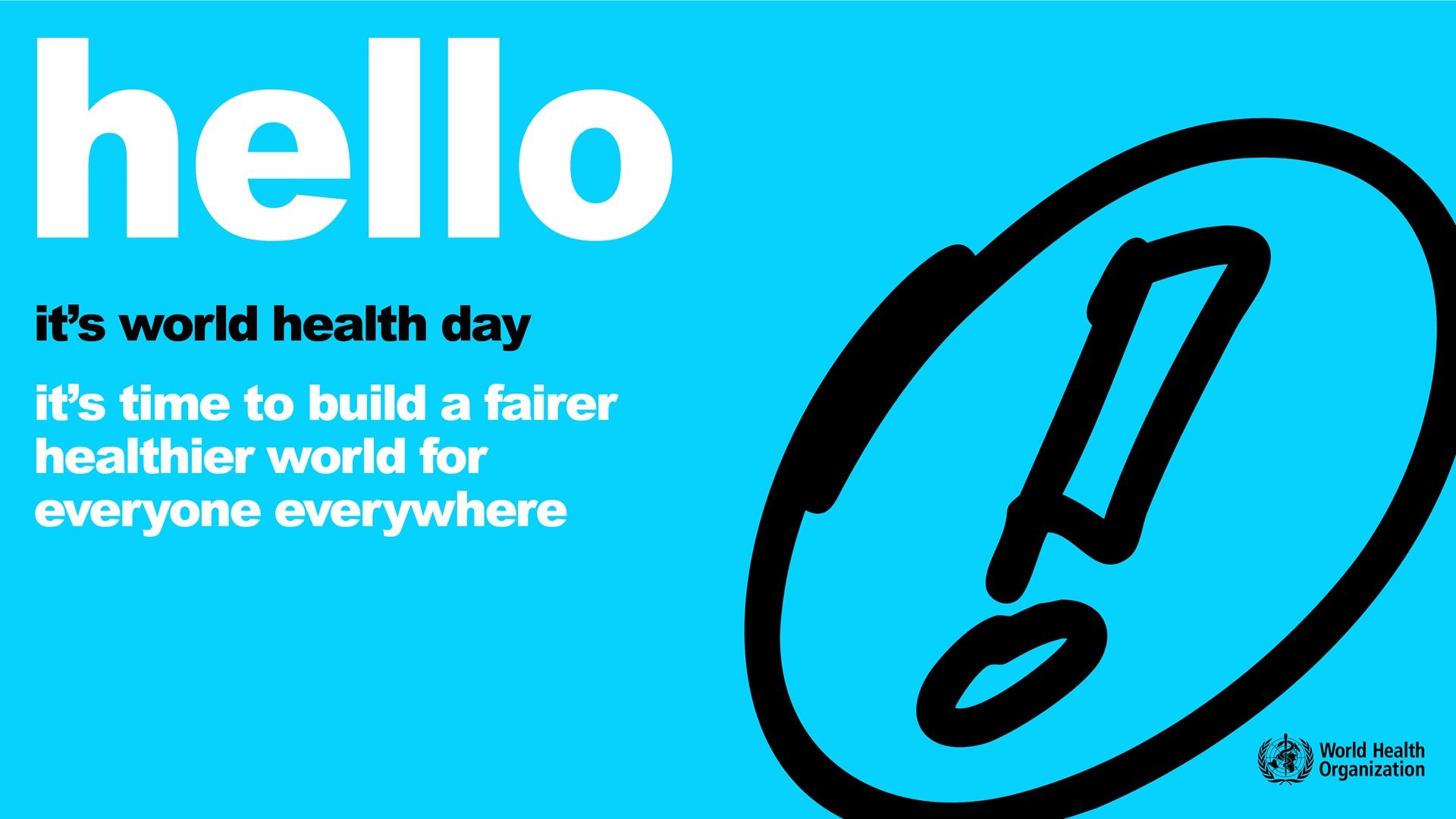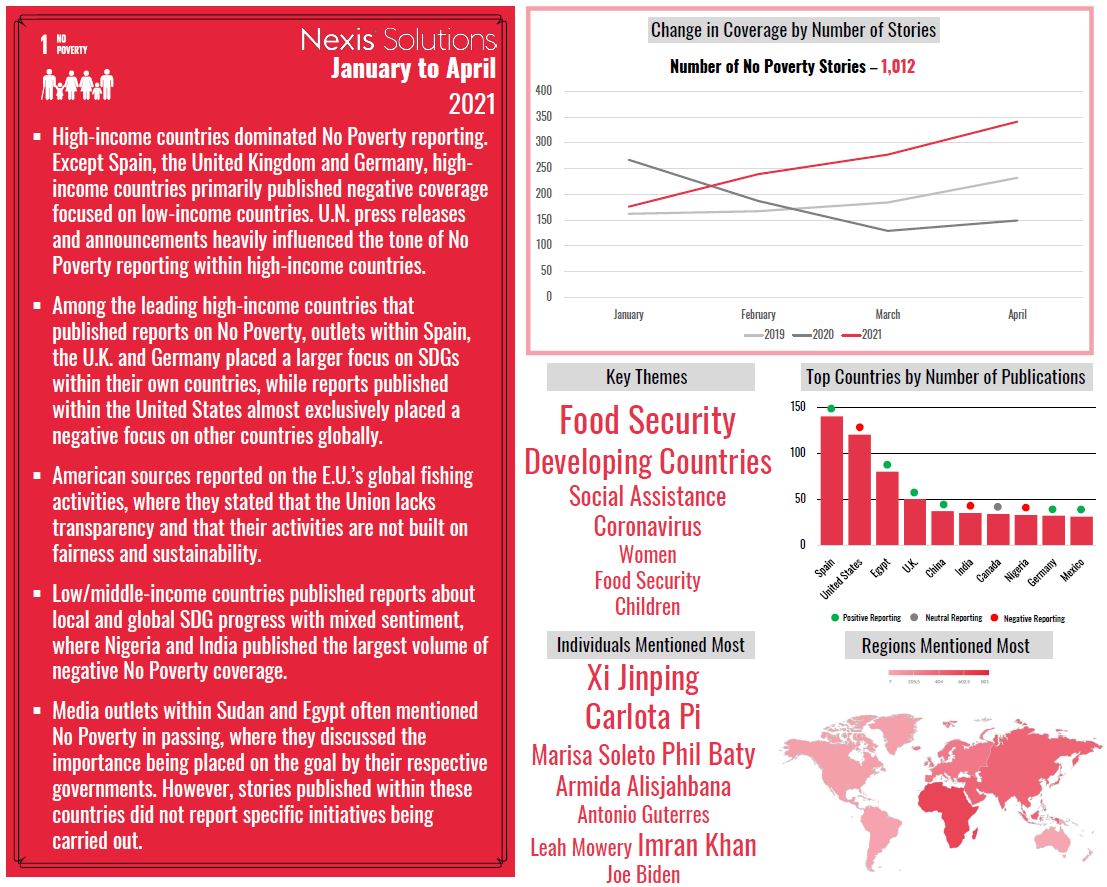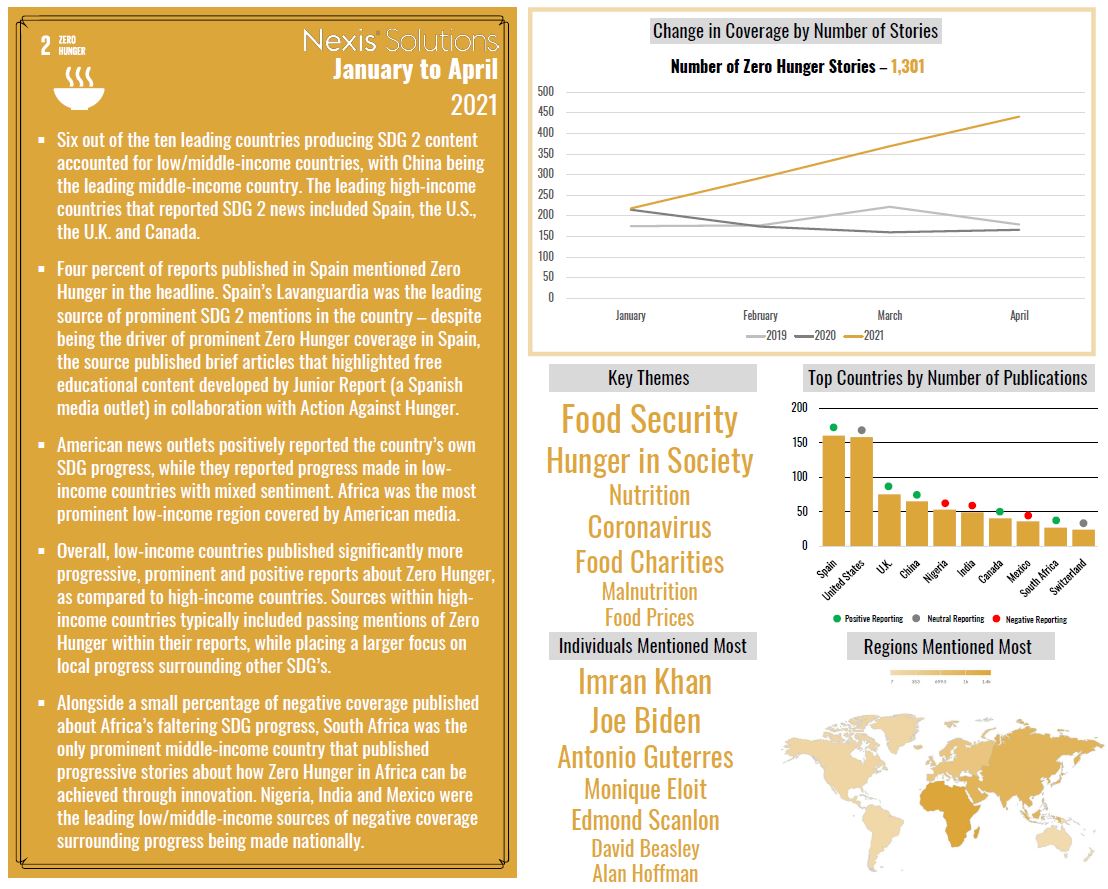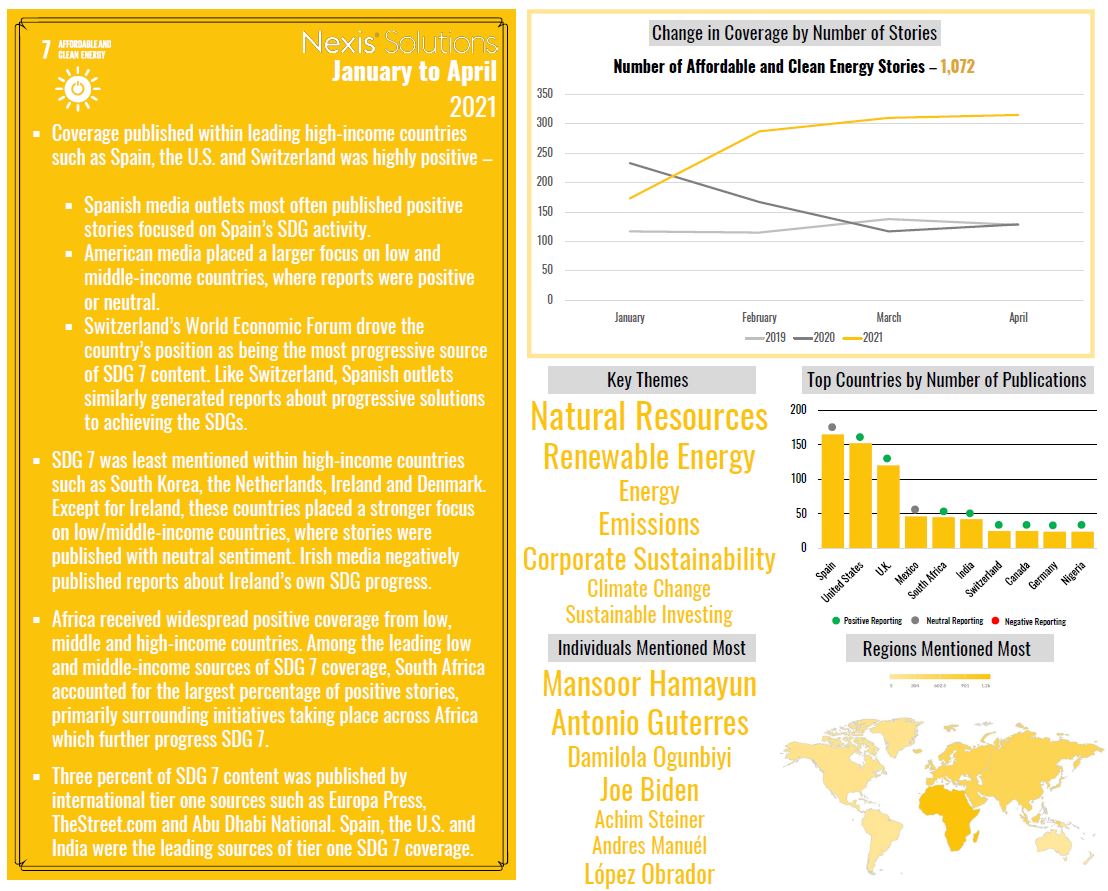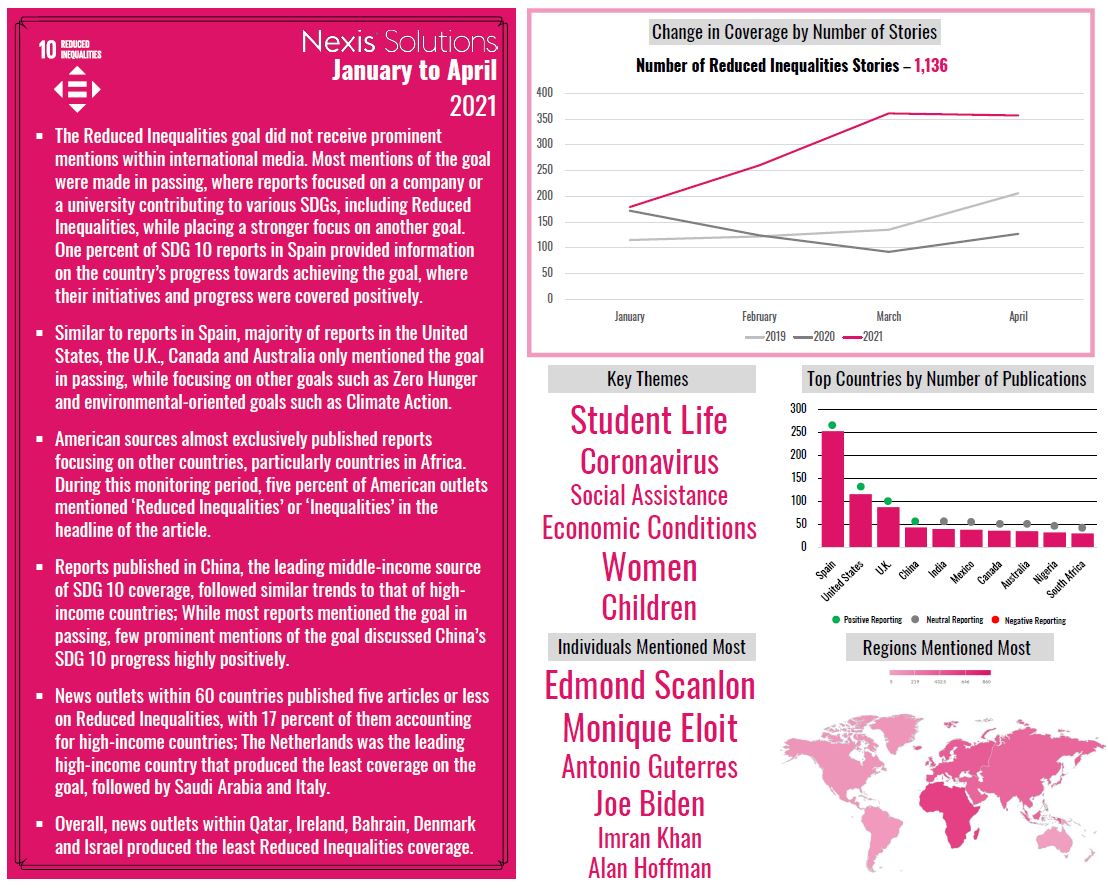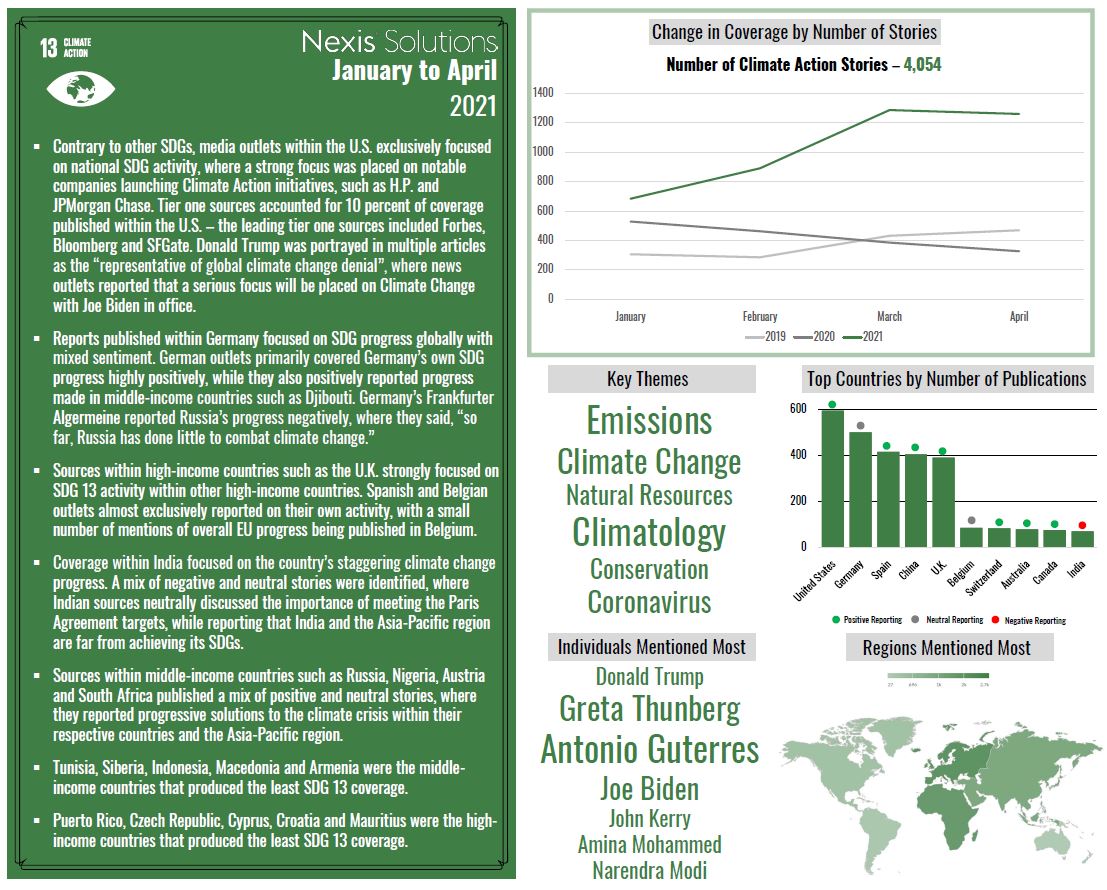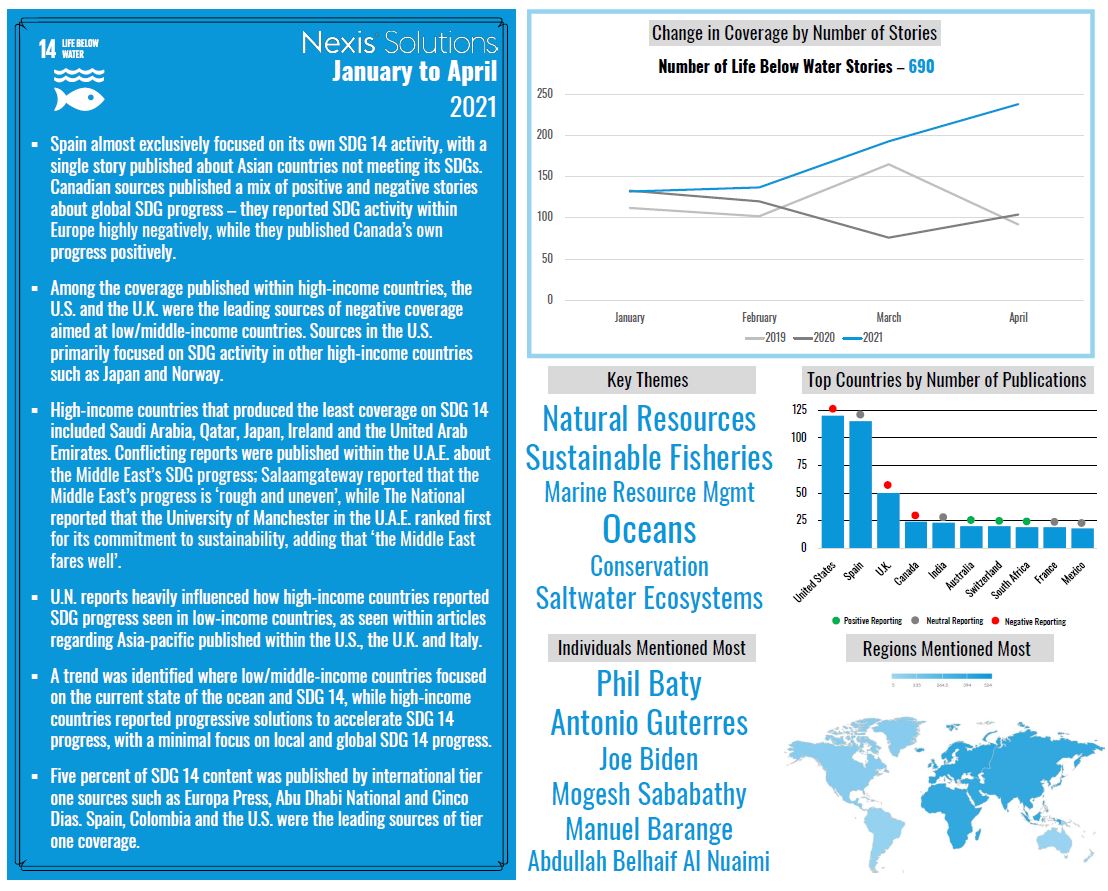This chapter reviews mental and physical health consequences for members of households with an established culture of violence, highlighting their heightened vulnerabilities and need for tailored resources during times of increased stress such as the pandemic.
To mark World Health Day 2021, RELX’s Global Head of Corporate Responsibility, Dr Márcia Balisciano, talks to Dr Richard McCallum and Dr Erika Claud about the need for a fairer and healthier world for all.
April 7th of each year marks the celebration of World Health Day. From its inception at the First Health Assembly in 1948 and since taking effect in 1950, the celebration has aimed to create awareness of a specific health theme to highlight a priority area of concern for the World Health Organization. To raise awareness of this year's theme - building a fairer, healthier world for everyone - Elsevier presents a curated list of free access journal articles and book chapters.
Nexis Newsdesk™ has created reports on the Sustainable Development Goals and the Global Media Landscape, offering charts & insights into global media coverage of the Global Goals.
Nexis Newsdesk™ has created graphics on the SDGs and the Global Media Landscape, offering charts & insights into global media coverage of the Sustainable Development Goals. View findings for Global Goal 1.
Nexis Newsdesk™ has created graphics on the SDGs and the Global Media Landscape, offering charts & insights into global media coverage of the Sustainable Development Goals. View findings for Global Goal 2.
Nexis Newsdesk™ has created graphics on the SDGs and the Global Media Landscape, offering charts & insights into global media coverage of the Sustainable Development Goals. View findings for Global Goal 7.
Nexis Newsdesk™ has created graphics on the SDGs and the Global Media Landscape, offering charts & insights into global media coverage of the Sustainable Development Goals. View findings for Global Goal 10.
Nexis Newsdesk™ has created graphics on the SDGs and the Global Media Landscape, offering charts & insights into global media coverage of the Sustainable Development Goals. View findings for Global Goal 13.
Nexis Newsdesk™ has created graphics on the SDGs and the Global Media Landscape, offering charts & insights into global media coverage of the Sustainable Development Goals. View findings for Global Goal 14.
